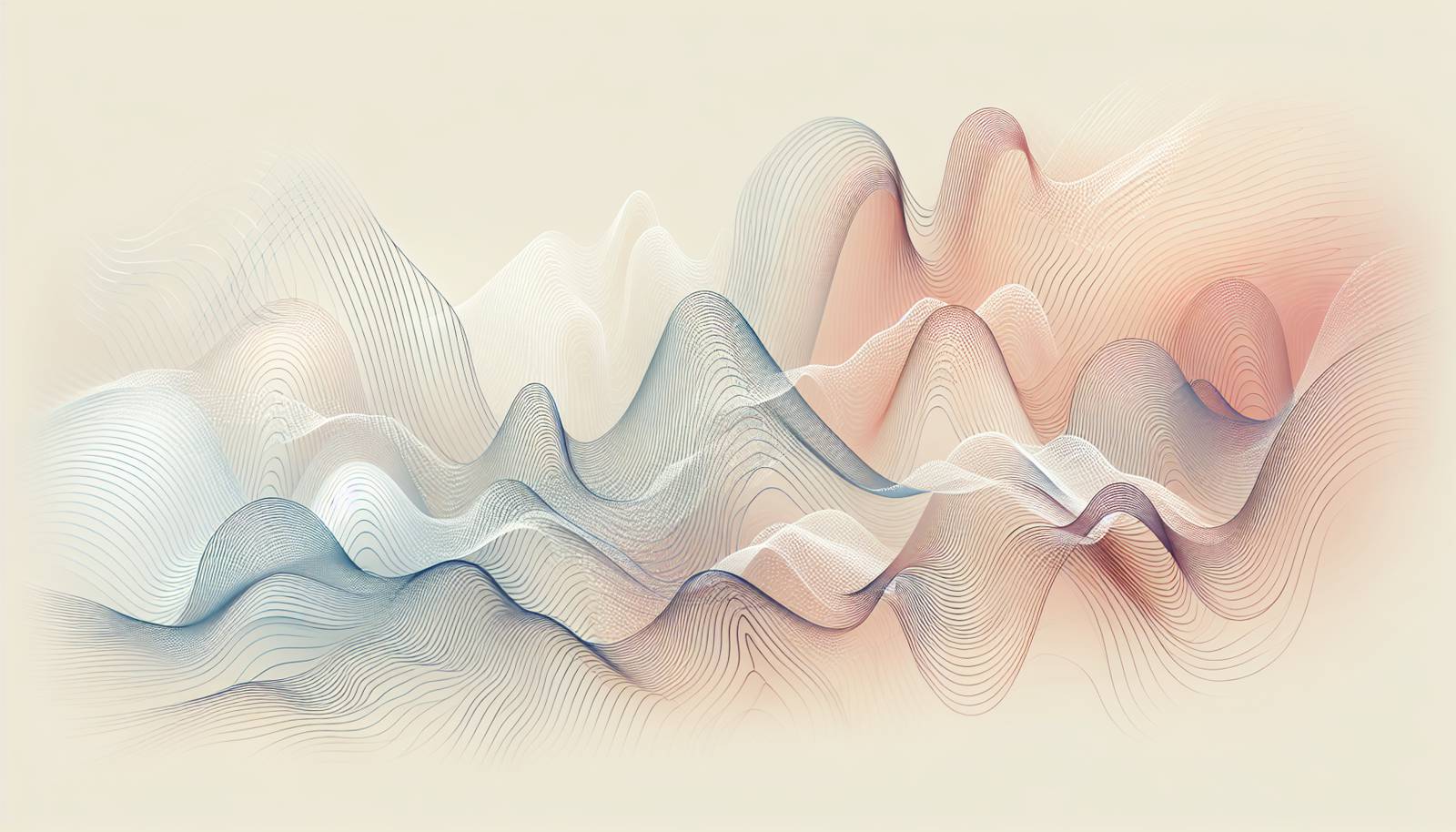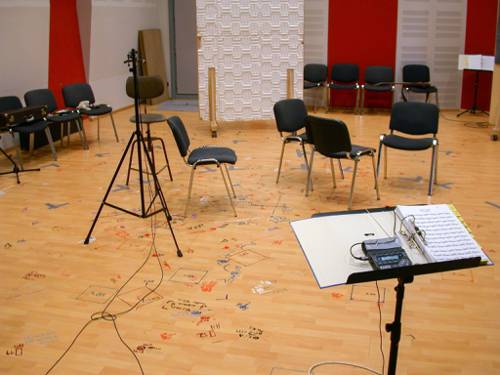
FAQ About The Role of Digital Music Software in Democratizing Music Production

What is digital music software and how does it work?
Digital music software refers to computer programs used for creating, editing, and producing music. These tools enable musicians to record audio, create electronic music, and produce high-quality musical tracks entirely on a computer. They often include features like multi-track recording, virtual instruments, sound libraries, sequencers, and mixing capabilities. Examples include DAWs (Digital Audio Workstations) like Ableton Live, FL Studio, and Logic Pro. The software works by converting musical ideas into digital files that can be manipulated and played back on various devices.

How has digital music software democratized music production?
Digital music software has democratized music production by significantly lowering the entry barrier for individuals looking to create music. In the past, music production required access to expensive studio equipment and professional-level skills. However, software like DAWs have become more affordable and user-friendly, allowing anyone with a computer to experiment with music creation. This has led to a broader range of voices and styles in the music industry, fostering innovation and diversity.

What are some popular digital music software programs available today?
There are several popular digital music software programs available for musicians and producers. Some of the most widely used include Ableton Live, known for its versatility and live performance features; FL Studio, praised for its intuitive interface and beat-making capabilities; Logic Pro, favored by Mac users for its comprehensive tools and sound library; and Pro Tools, renowned for its professional-grade recording and mixing features. Each of these programs offers unique tools and features suited to different types of music production.

Can digital music software support collaboration among artists?
Yes, digital music software greatly facilitates collaboration among artists. Many programs include features that enable file sharing, cloud storage, and real-time collaboration. Applications like Spire and Soundtrap allow musicians to work together remotely, making music creation a collaborative process, regardless of geographical distances. This capability not only enhances creativity but also brings together diverse artistic inputs to produce richer musical outcomes.

What impact has digital music software had on the music industry?
Digital music software has had a profound impact on the music industry by enabling more people to create and distribute music independently. This has led to an increase in the diversity of available music, with more genres and new styles emerging. Furthermore, it has reduced the reliance on traditional music production avenues, like large studios and record labels, allowing artists to reach global audiences directly via digital platforms. Consequently, there’s been a shift toward more independent and self-managed music careers.

Has digital music software improved accessibility for amateur musicians?
Yes, digital music software has significantly improved accessibility for amateur musicians. With user-friendly interfaces and comprehensive tutorials available, these tools have made it easier for individuals with little to no prior experience to start creating music. Additionally, many digital music programs offer trial versions or free versions that allow users to experiment and learn without a financial commitment. This accessibility has empowered more people to explore their musical talents and develop their skills at their own pace.

How does digital music software foster innovation in music composition?
Digital music software fosters innovation in music composition by providing musicians and composers with a wide array of tools and sound palettes that traditional tools might not offer. Features like virtual instruments, synthesis, and sound manipulation open up endless creative possibilities. Musicians can experiment with non-traditional sounds and arrangements, leading to unique musical creations. The ability to easily edit and manipulate audio files also allows for creative freedom, enabling musicians to explore new genres and experiment with fusion styles.

Is digital music software expensive?
Digital music software is available at various price points, which makes it accessible to a broad audience. Some high-end programs, like Logic Pro and Pro Tools, can be relatively expensive, but there are also many affordable options such as Reaper or even free ones like Audacity and GarageBand. Furthermore, educational discounts and trial versions provide additional opportunities for users to access advanced software without significant investment. This range of pricing options helps ensure that everyone from hobbyists to professional musicians can find a solution that fits their budget.

Do I need professional training to use digital music software?
While professional training can be beneficial, it is not necessary to start using digital music software. Many programs are designed with intuitive interfaces for beginners and include tutorials, guides, and community forums that help users learn how to navigate the software. Online resources such as YouTube tutorials, online courses, and webinars are also valuable for learning and mastering digital music production skills at your own pace. However, for those looking to pursue music production as a career, formal education or specialized courses can provide a more structured learning experience.

What types of music can be produced using digital music software?
Digital music software can be used to produce virtually any type of music. From classical to hip-hop, electronic to acoustic, and everything in between, the tools available in digital music software are versatile enough to accommodate a wide range of musical styles. With features like virtual instruments and sound libraries, musicians can compose intricate orchestral pieces or create electronic beats with equal ease. This versatility makes digital music software a powerful tool for any artist, regardless of their preferred genre.

How does digital music software contribute to inclusivity in the music industry?
Digital music software contributes to inclusivity by making music production tools accessible to a wider range of people, regardless of their background or resources. It eliminates many traditional barriers, such as the need for physical studio space and costly equipment, allowing individuals from diverse backgrounds to express their musical creativity. Additionally, online communities and platforms connected to digital music software encourage collaboration and sharing, further promoting inclusivity by connecting artists from different cultures and regions worldwide.

Can digital music software replace traditional music education?
While digital music software provides valuable tools for learning and experimenting with music, it does not fully replace traditional music education. Traditional music education offers comprehensive knowledge of music theory, history, and skills that software alone cannot provide. However, digital tools can complement formal education by providing practical experience and allowing students to apply theoretical concepts creatively. Together, both traditional education and digital tools create a more well-rounded learning environment for aspiring musicians.

What skills can be enhanced by using digital music software?
Using digital music software can enhance a variety of skills including music composition, audio engineering, sound design, and music production. By navigating the software, users improve their technical proficiency with digital tools and develop critical listening skills through mixing and mastering tracks. Additionally, working with digital music software often requires problem-solving and project management skills, especially in collaborative environments. These skills can be beneficial not just in music production but also in other creative and technical fields.

Are there free resources available to learn digital music software?
Yes, there are numerous free resources available to learn digital music software. Online platforms like YouTube offer countless tutorials for various software programs, covering both basic and advanced techniques. Websites such as Coursera and Khan Academy occasionally provide free courses or resources related to music production. Additionally, software forums, Reddit groups, and communities like Stack Exchange are excellent places to ask questions and gain insights from experienced users.

How do virtual instruments in digital music software work?
Virtual instruments in digital music software are software-based replicas of traditional instruments. They generate sounds using synthesized algorithms or by playing back recorded samples of actual instruments. Users can play these virtual instruments using a MIDI controller or input notes directly through the software interface. They often come with customizable parameters like sound modulation, velocity, and articulation, allowing musicians to tailor the sound to their preferences and create complex, dynamic musical compositions.

What role does artificial intelligence play in digital music software?
Artificial Intelligence (AI) is increasingly being integrated into digital music software, enhancing creativity and efficiency in music production. AI can analyze musical patterns and suggest harmonies, melodies, or beats that complement existing compositions. Some software uses AI to automatically mix and master tracks, providing valuable time-saving tools for producers. Additionally, AI-based tools can assist in sound design, opening new possibilities for exploration and experimentation in music production.

Do I need special equipment to get started with digital music software?
While specialized equipment can enhance the experience, it is not necessary to get started with digital music software. Typically, a computer with adequate processing power and speakers or headphones for playback is sufficient. For those interested in recording live instruments or vocals, an audio interface and microphone might also be necessary. As one progresses, additional equipment like MIDI controllers, studio monitors, and external storage can enhance the production process, but for beginners, starting with the basics is often sufficient.

How does digital music software facilitate live music performances?
Digital music software facilitates live performances by enabling musicians to integrate electronic elements into their music in real-time. Software like Ableton Live is specifically designed for live use, allowing artists to trigger loops, samples, and effects during a performance. This capability enables dynamic and engaging shows by offering precise control over sound manipulation and production elements on stage. It also allows performers to experiment and modify their set list on the fly, making each performance unique.

What are some challenges associated with using digital music software?
Despite its advantages, using digital music software can present challenges. Users may face a steep learning curve when initially navigating the software's complex features and interfaces. Technical issues or software bugs can also occur, requiring troubleshooting and patience. Additionally, the vast array of features can be overwhelming, and finding one's personal style within the multitude of options may take time and experimentation. However, these challenges can be overcome with practice, persistence, and utilization of available learning resources.

Can digital music software be used for purposes other than music production?
Yes, digital music software can serve purposes beyond music production. It can be used in sound design for film, video games, or other multimedia projects, creating soundscapes and special effects. Educators may also use such software as teaching tools to explain concepts of physics, mathematics, and acoustics through practical application. Furthermore, therapists might employ digital music software to facilitate music therapy, helping individuals express themselves and develop emotional and cognitive skills.
